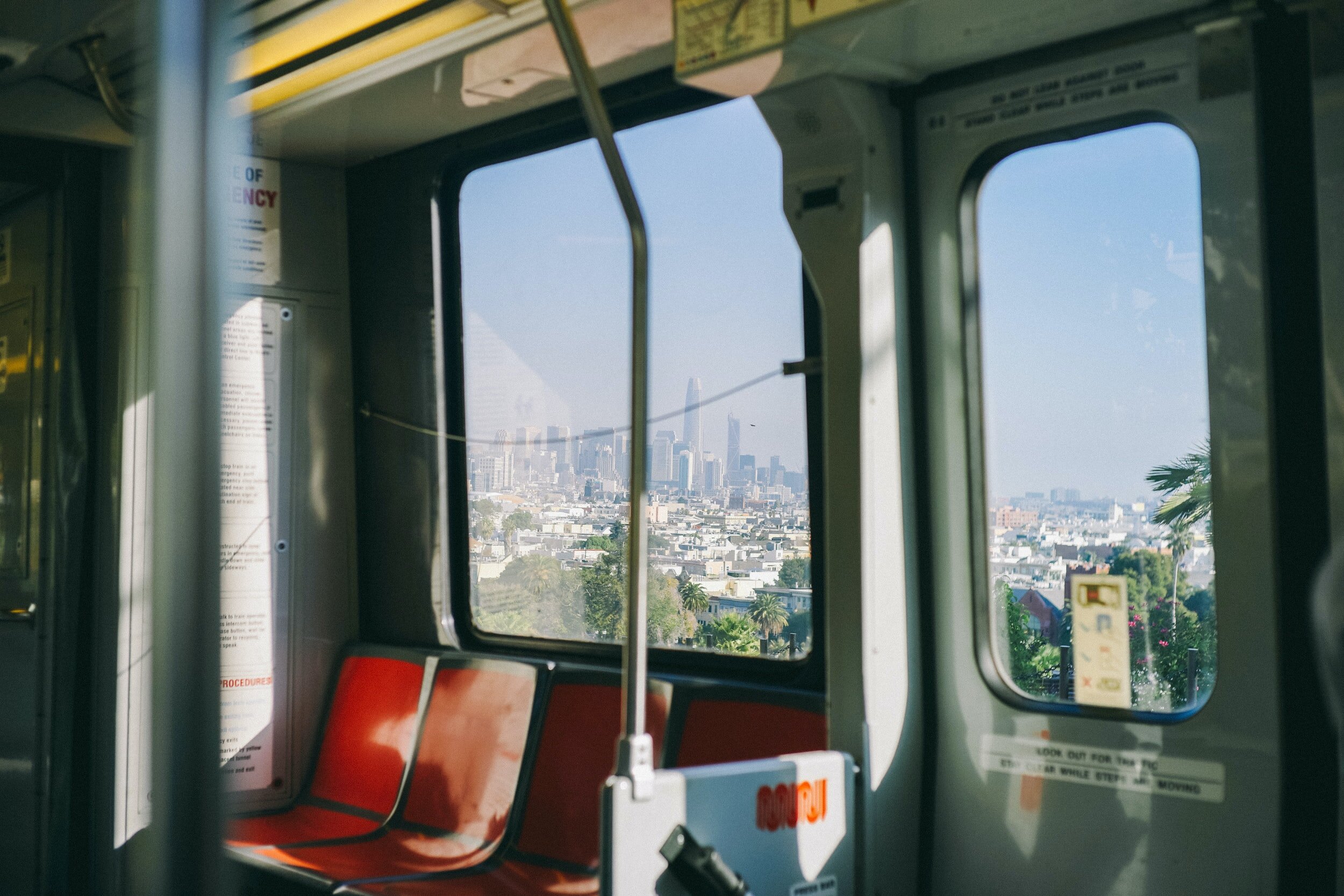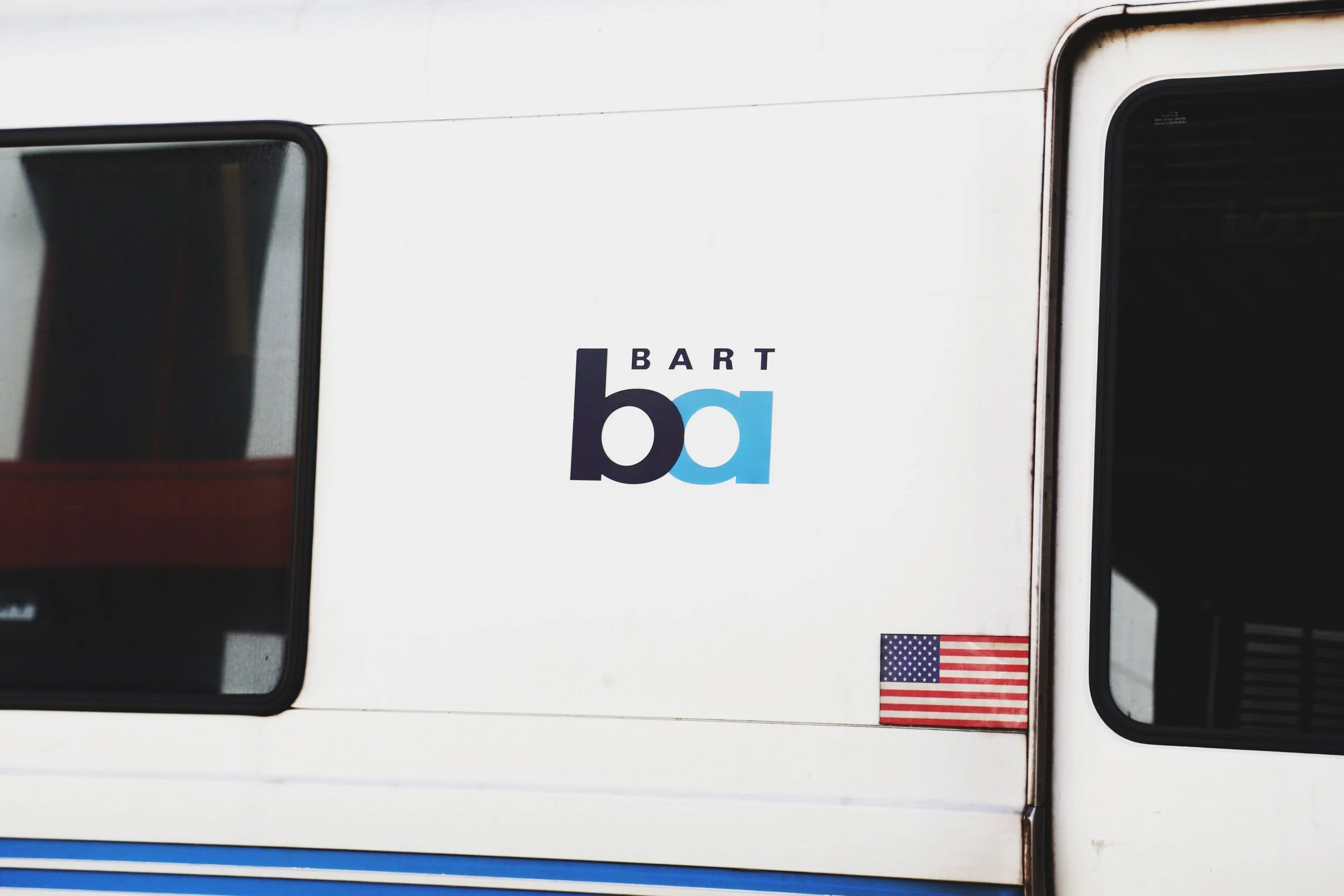
Funding Public Transportation
California’s Corporate Loophole Hurts Public Transportation
Investing in public transportation is critical for California’s economy and our quality of life. It provides essential mobility for millions of residents and workers who depend on public transit every day. Furthermore, public transportation clears congestion, reduces pollution, and improves road safety. In fact, public transportation saves about 4.2 billion gallons of gasoline each year.
California’s Corporate Loophole has given tax breaks to large commercial property owners for the past 40 years. This has starved local governments of billions of dollars a year in funding for critical services, like accessible and reliable public transportation.
California’s Inadequate Transit Funding
California funds its transportation services through local, state and federal revenue. Without enough local funding or consistent federal funding, we have to rely on state funding.
State funding comes from sales taxes, gas taxes, and bond measures. These revenue streams are either volatile, temporary, or regressive. Furthermore, these forms of revenue increase the tax burden on individuals. It’s critical that we generate more local funding to provide the public transportation that our communities deserve. In addition, when we fail to pay transit workers a living wage it leads to driver shortages and inefficiency.
Closing the Corporate Loophole will Generate Reliable Transit Funding
A portion of the $12 billion a year generated by closing the corporate loophole will go directly to local public transit agencies across the state, such as BART, MUNI, AC Transit and LA Metro. This means that more of our transportation funding will come from wealthy commercial property owners rather than individuals.
Importantly, property tax revenue is far more stable than gas or sales taxes. Stable revenue sources help governments plan effectively for future needs, including long–term investments in public transportation.
Investment in the Environment
Half of all greenhouse gas emissions in California come from public transportation. Therefore, better funded public transportation helps combat climate change. With fewer people driving cars, CO2 emissions are reduced. In addition, California prioritizes investment in public transportation that is environmentally friendly. Taking BART to the same place every day for one month emits less CO2 than driving the same route just once. Increased funding will benefit projects that reduce greenhouse gas emissions, such as converting buses to clean energy.
Crisis Recovery
The COVID-19 crisis has already cost our public transit systems hundreds of millions of dollars. BART announced in March that it needed emergency funding to make up for its plummeting fare revenue. Local transit agencies across the state are facing similar financial deficits. It is now more important than ever to increase property tax revenue, to ensure California has safe, reliable, and public transportation systems.

